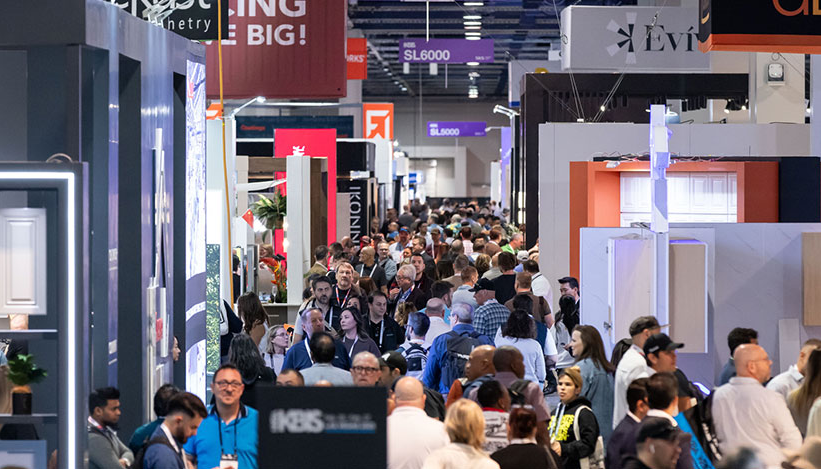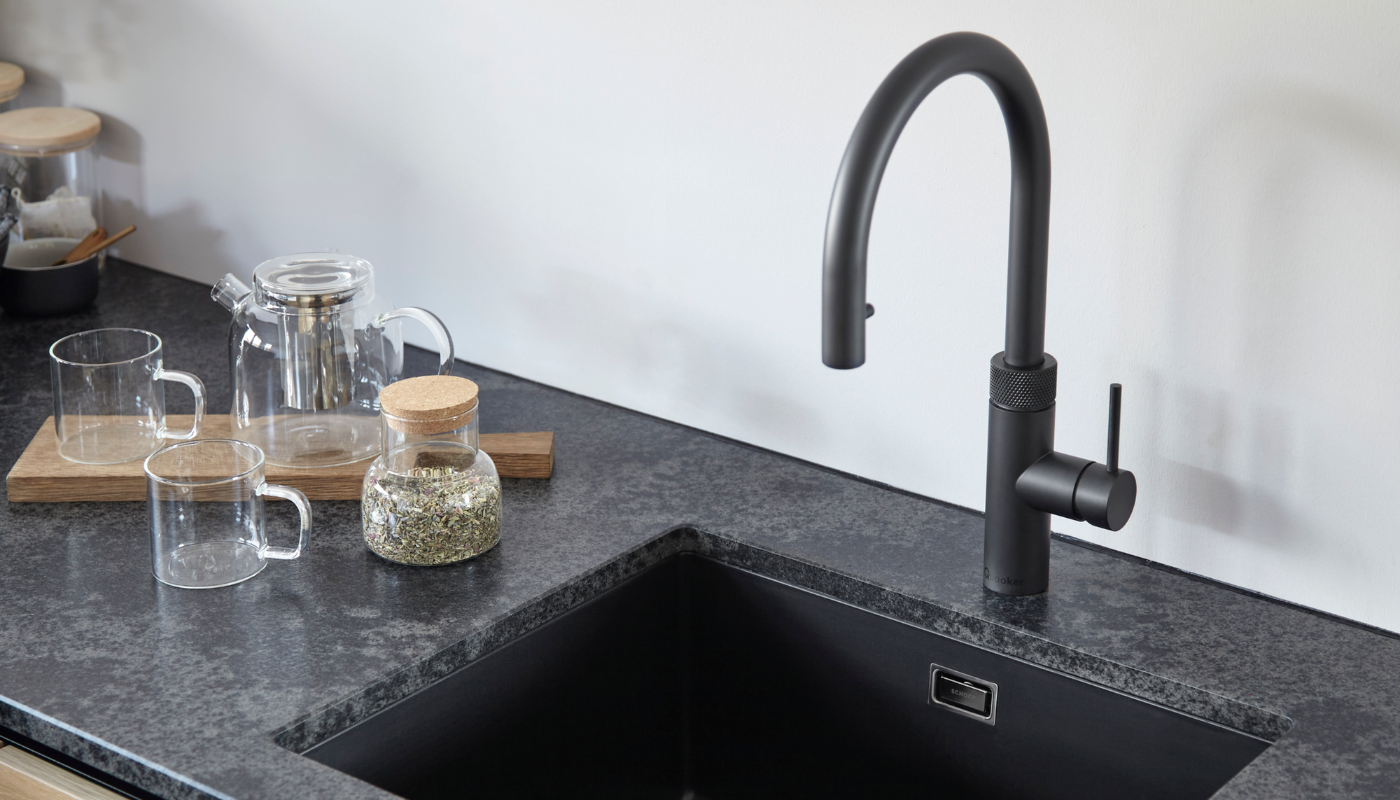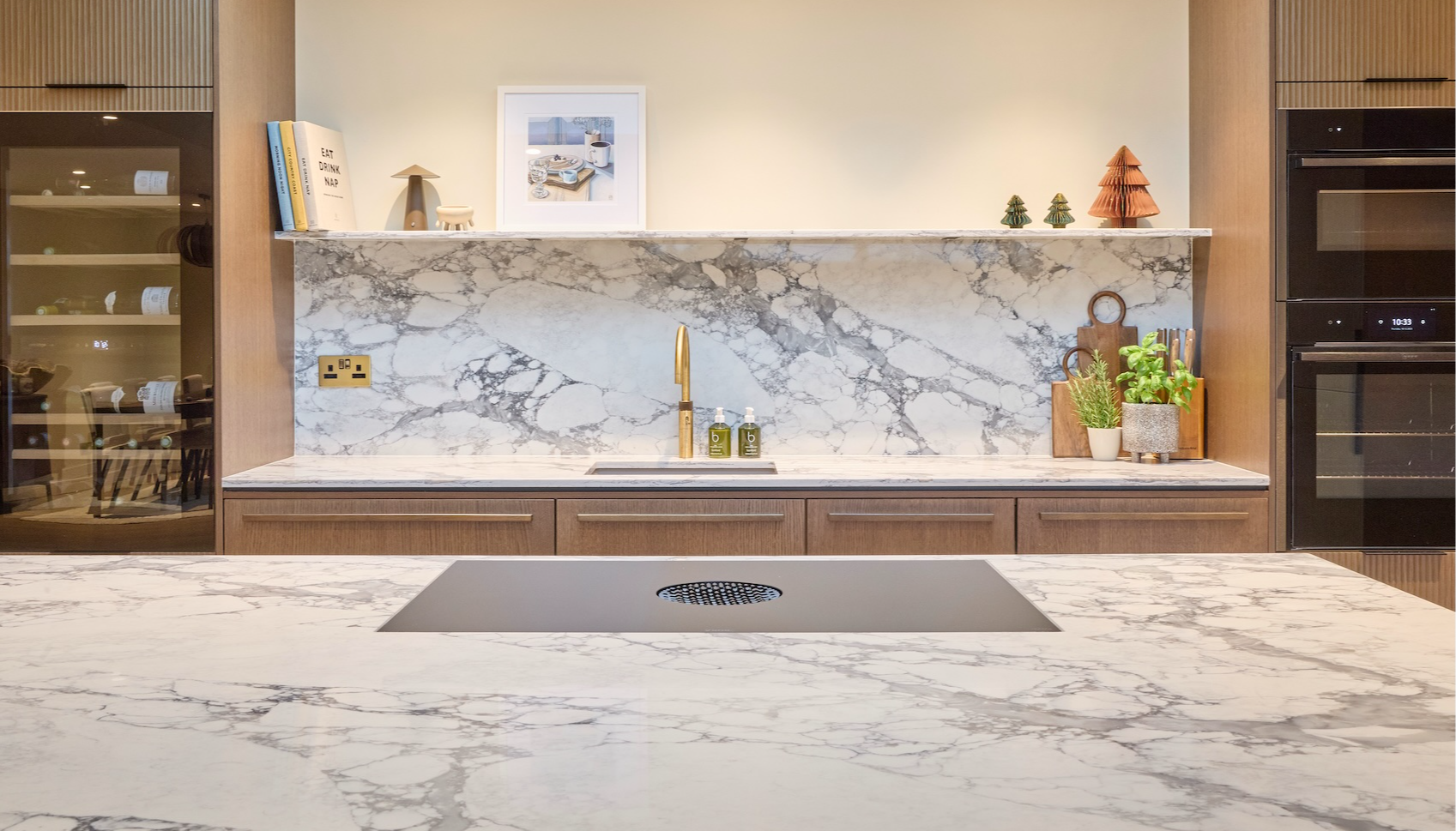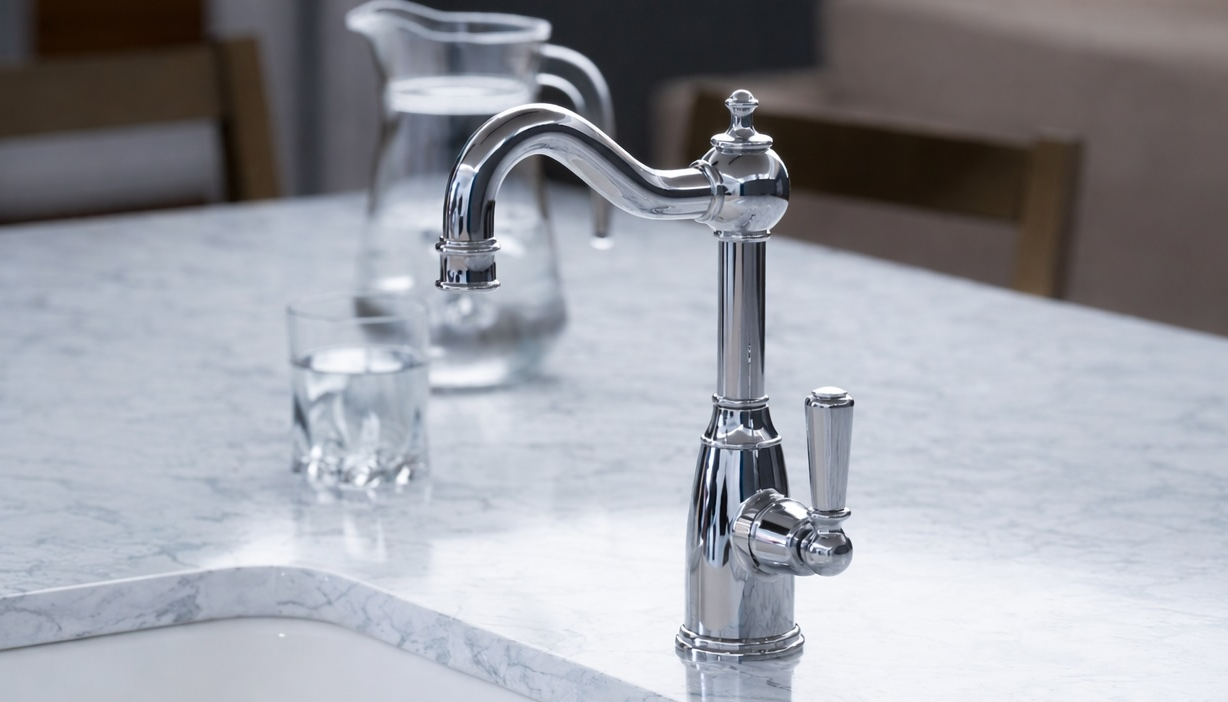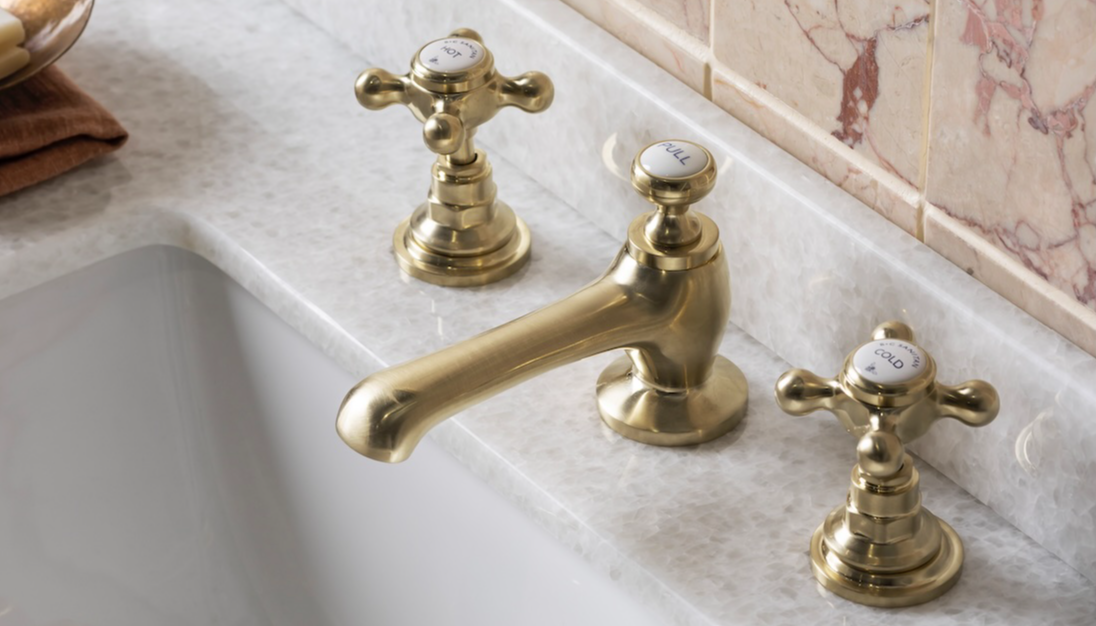Tom Reynolds – The UK must embark on a retrofitting revolution

Tom Reynolds – The UK must embark on a retrofitting revolution
Carbon emissions from UK households could be drastically reduced through a national retrofit programme, argues Tom Reynolds, chief executive at the Bathroom Manufacturers Association.
As I write, COP28 has just started, and the question of the UK’s stance regarding its climate priorities comes to the fore. The Prime Minister’s recent announcements on scaling back the approach to net-zero policies favouring a ‘pragmatic, proportionate and realistic’ strategy have drawn concern from many quarters.
The Government’s 2050 Net-Zero carbon emissions target remains, and with our homes using 35% of all the energy in the UK and emitting 20% of the carbon dioxide emissions, household emissions must be urgently addressed through a national retrofit programme.
According to the Construction Leadership Council’s (CLC) National Retrofit Strategy, ‘water use in the home accounts for almost 10 times more greenhouse gas emissions than the entire operations of the UK water industry. Heating water accounts for 17% of home energy use.’ Reducing these figures must be a priority. The CLC strategy, supported by the BMA, outlines a 20-year vision aligning the construction industry’s efforts with government initiatives to retrofit the existing 28 million UK homes.
One significant path to decarbonisation, therefore, lies in addressing water heating, and we cannot afford to wait decades for a national retrofit strategy to be initiated. The Climate Change Committee (CCC) stated in their latest 2023 Progress Report that ‘the next 10 years are the crucial period to decarbonise buildings, requiring a complete policy framework to be put in place’, signalling the urgency of the issue.
Here is where designers and the bathroom manufacturing sector can collaborate to make lasting, positive changes. Retrofitting bathroom fittings with innovative water-saving devices will have a significant impact, reducing the amount of energy used in heating water. Designers, installers and manufacturers should all be working harmoniously to beat the drum about the benefits of this form of retrofitting.
In addition to calls on the Government from numerous quarters to commit to a comprehensive national retrofit strategy to drive down building emissions, we shouldn’t forget to address the skills we’ll need. To have a serious response to decarbonising hot water production in our housing stock, we will need technically skilled designers and retrofit experts to meet the challenge. Therefore, a skills and training strategy must be part of the nation’s overall retrofit plans.
We also mustn’t forget to bring the consumer along on this journey. Despite high interest rates and tight budgets, households are increasingly looking to install energy-efficient and water-efficient products. Although the Government has pledged £6bn between 2025 and 2028 to improve energy efficiency in households, businesses and the public sector, it needs to go much further to support them with financial incentives.
The next General Election is not far away, and whoever comes to power must address these issues quickly. The CLC, the recently formed National Home Decarbonisation Group, and other stakeholders, including the BMA, are firmly committed to delivering a retrofitting revolution.
Tags: insight, features, tom reynolds, bma, bathroom manufacturers association, national retrofit programme, bathrooms












